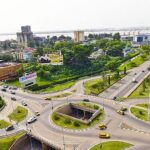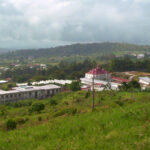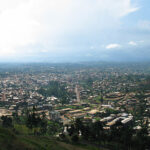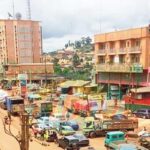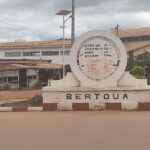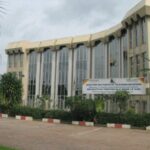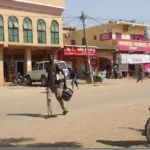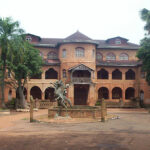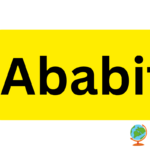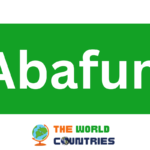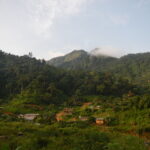Bangem
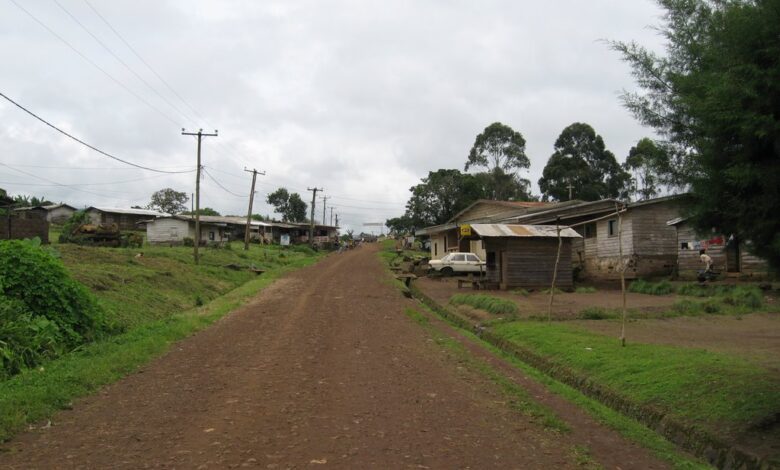
Nestled halfway up Mount Muanenguba and surrounded by breathtaking natural beauty, Bangem is a hidden gem in the Kupe Muanenguba division of Cameroon. As the capital of the division, Bangem holds a special place in the heart of the Bakossi tribe. This article will take you on a virtual journey to Bangem, exploring its climate, tourist potential, wildlife, farming, and its vibrant community.
Climate: A Cool Oasis
Bangem enjoys a cool and rainy climate, thanks to its location on Mount Muanenguba. The dry season is relatively short, lasting from November to March, while the rest of the year is characterized by rainfall. The lush green landscape and refreshing air make it an ideal destination for nature lovers seeking respite from the heat.
Exploring the Tourist Potential
Bangem possesses incredible tourist potential, with its stunning natural attractions and diverse wildlife. The most well-known tourist site is the crater lakes of Mount Muanenguba, located about 10 km uphill from Bangem. Managed by the Bangem council, these lakes offer a glimpse into the region’s breathtaking beauty. However, there are other equally captivating sites, albeit more inaccessible, such as the Bakossi National Park and the Bayang-Mbo Wildlife Sanctuary.
The Bakossi National Park is a haven for nature enthusiasts, boasting exceptional species diversity of plants, including some endangered species. The park is also home to chimpanzees and a large population of drills, making it a prime location for primate enthusiasts. On the other hand, the Bayang-Mbo Wildlife Sanctuary is known for its forest elephants, chimpanzees, pangolins, and other fascinating creatures.
Biodiversity: A Haven for Wildlife
Bangem and its surrounding areas are not only rich in plant life but also home to a wide array of birds, reptiles, amphibians, and fishes. The region is known for the Goliath frog, the world’s largest frog, which can be found in the area. Bird lovers will be delighted to spot the Mount Kupe Brush Shrike and various species of hornbills in their natural habitat.
One of the highlights of the area is Lake Bermin, which boasts the highest species diversity of fishes in relation to its size compared to any other lake in the world. Conservationists and evolutionary biologists are particularly interested in the nine endemic tilapia species found here, as they provide valuable insights into sympatric speciation.
Challenges and Safety Concerns
While Bangem offers a wealth of natural beauty and cultural experiences, it is not without its challenges. The region has been facing security threats from guerilla forces associated with the Ambazonia movement, seeking independence from Cameroon. Incidents of kidnapping have occurred in the past, including the abduction of the mayor in 2017. As a result, caution is advised when planning a visit to Bangem, especially during festivals when the guerilla forces may be more active.
Farming: The Lifeblood of Bangem
Agriculture forms the backbone of Bangem’s economy, with the majority of its population engaged in farming. The fertile lands of Bangem are ideal for cultivating crops such as waterfufu, cocoyams, cassava, plantain, and corn. Every Wednesday, the town comes alive with the bustling general market, where locals gather to buy and sell their produce. Additionally, neighboring villages like Muambong, Nkikoh, Ekambeng, Mboasum, and Muaku also have their own markets, contributing to the vibrant agricultural economy of the region.
The Vibrant Community of Bangem
Bangem is home to a community of talented individuals who have made significant contributions to various fields. Notable elites from Bangem include Elung Paul Check, Phillip Ngolle Ngwesse, Ekane Michael, Mark Kogge, Ekane Ivo Ekoti, and Mbolle Epie. The town has also produced young leaders who have been named Junior Parliamentarians in the Cameroon National Assembly, including Henry Makogge (2012), Ekane Loic Evrade (2013), and Enongene Sammy (2014).
